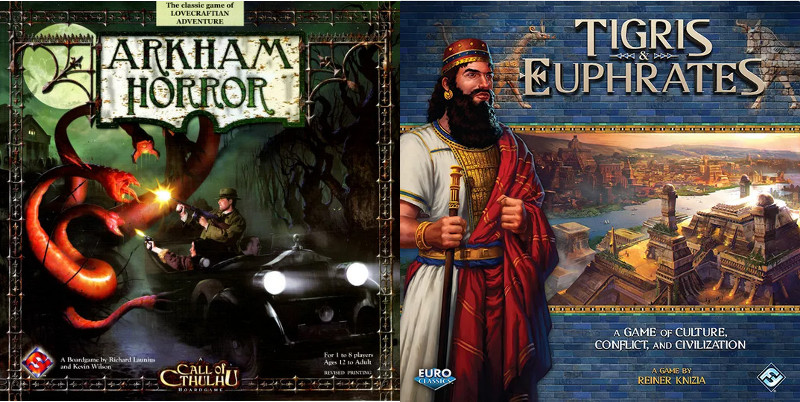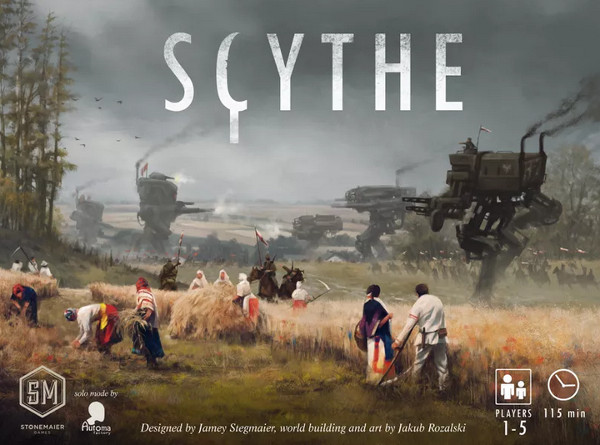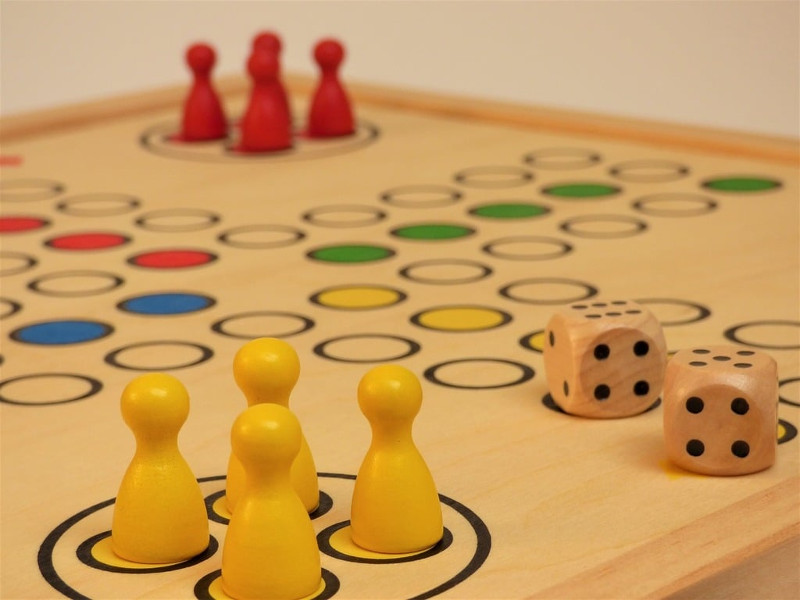In the world of board games, few titles spark as much controversy as Monopoly. Originally intended as a criticism of monopolistic practices, Monopoly has ironically come to embody the very capitalist ideals it sought to challenge. The game’s focus on aggressive tactics, wealth accumulation, and cutthroat competition raises ethical concerns and fuels debates on societal values. Disputes over Monopoly’s rules further contribute to its contentious reputation. This shift from a critique of capitalism to a celebration of it prompts a closer examination of its impact on players and society.
The Game in Question
To uncover the most contentious board game, one must explore the history and impact of ‘Monopoly.’ Originally created as ‘The Landlord’s Game’ by Elizabeth Magie in the early 20th century to caution against monopolistic practices, it underwent a transformation when Charles Darrow rebranded and sold it to Parker Brothers in the 1930s. This shift turned ‘Monopoly’ into a popular game celebrating economic dominance. It sparked ongoing debates about its portrayal of ruthless business tactics and wealth accumulation.
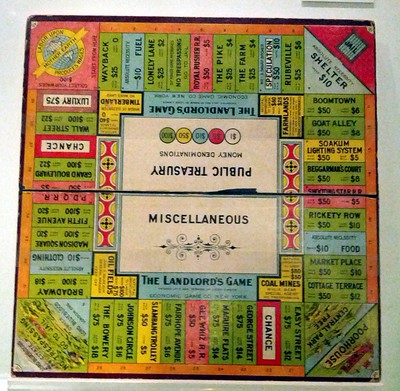
Provocative Themes
The contentious nature of ‘Monopoly’ goes beyond its historical roots, delving into themes of economic inequality and fierce competition. The game simulates capitalist market dynamics, where players aim to amass wealth through property acquisition and rent collection. It mirrors real-world economic disparities and sparks debates on the moral implications of such systems.
‘Monopoly’ rewards aggressive strategies, pushing players to bankrupt opponents and fostering intense competition. Additionally, the game emphasizes the balance between luck and strategy, showcasing how chance can influence economic success and failure, provoking frustration and highlighting the randomness of wealth accumulation.
These themes prompt players to reflect on socio-economic structures, fostering discussions on wealth distribution fairness. They also highlight the ethical aspects of competition, making ‘Monopoly’ a focal point for debates on economic justice and social equity.
Rule Disputes
Rule disputes in ‘Monopoly’ are a common occurrence, with players frequently getting into heated arguments over interpretations and enforcement. The abundance of house rules and variations often leads to misunderstandings and conflicts, especially regarding the Free Parking Rule, Auctioning Properties, Jail Rules, Trade Agreements, and Banker Privileges. Establishing clear, agreed-upon guidelines before starting the game can help prevent disputes. This ensures a smoother, more enjoyable experience for all participants.
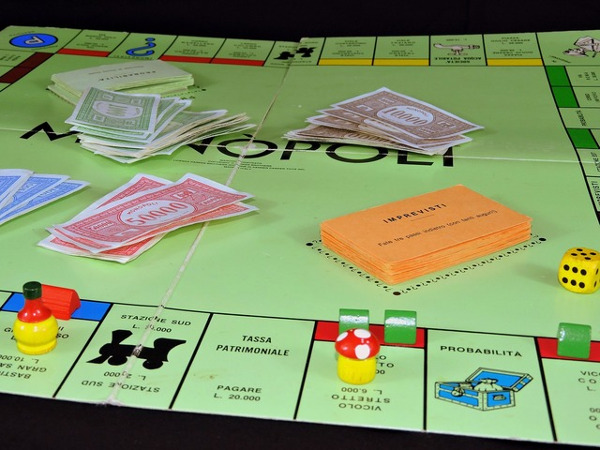
Ethical Concerns
Monopoly’s ethical concerns stem from its promotion of aggressive capitalism and wealth accumulation at the expense of others. The game’s emphasis on cutthroat tactics and exploitation can normalize unethical behavior and undermine values like cooperation and fairness. These concerns prompt reflection on the societal messages we endorse and their impact on moral values.
Community Reactions
Monopoly has sparked strong opinions within the gaming community due to its competitive and capitalist nature. Enthusiasts see it as a strategic game teaching financial skills, while critics argue it can strain relationships and promote unhealthy aggression. The community is divided on Monopoly’s educational value, impact on relationships, and ethical concerns. Its cultural significance and game design also make it a hot topic among board game enthusiasts.
